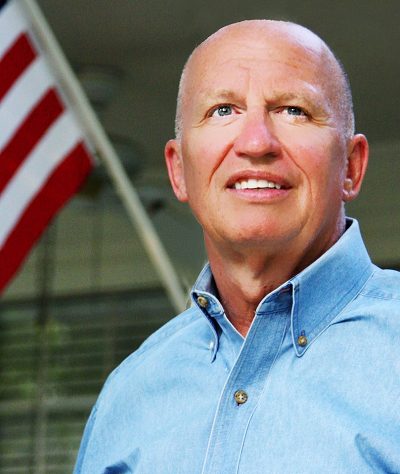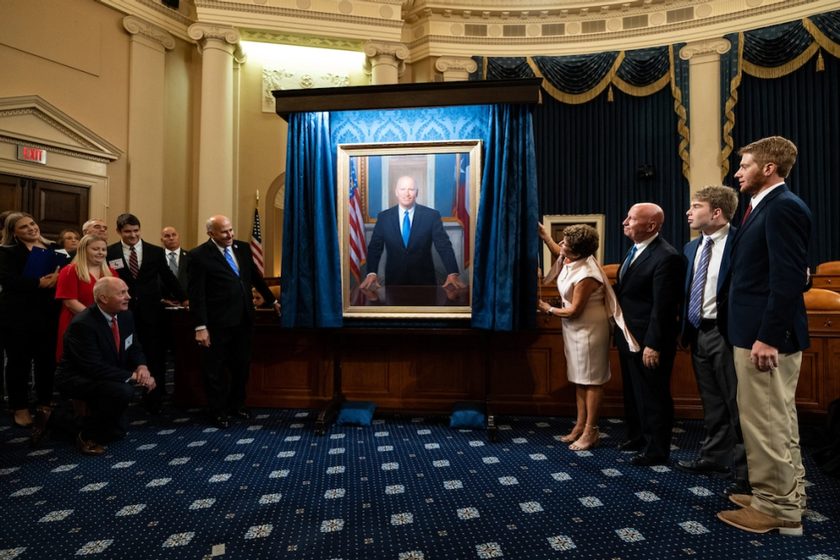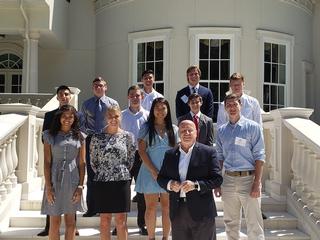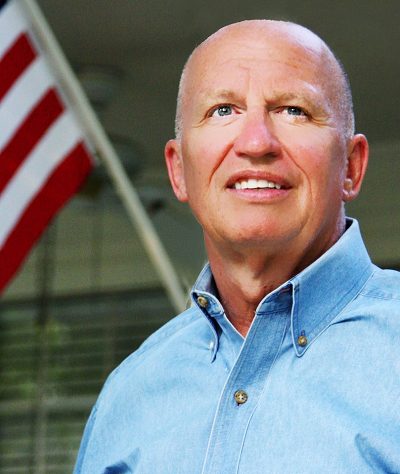- Sections :
- Crime & Public Safety
- Restaurants & Food
- Sports
- More
Categories
Brady Opening Statement at Hearing on U.S.-China Trade

WASHINGTON, D.C. – The top Republican on the House Ways and Means Committee Kevin Brady (R-TX) delivered the following opening statement at a Full Committee Hearing on U.S.-China Trade.
Before the start of today’s hearing, Rep. Brady and the top Republican on the Ways and Means Trade Subcommittee Vern Buchanan (R-FL) sent a letter to Ways and Means Chairman Richard Neal (D-MA). CLICK HERE to read the full letter.
CLICK HERE to watch the hearing.
Remarks as prepared for delivery:
'Thank you, Chairman Neal, for convening this hearing on America’s trade relationship with China.
'And thank you, Ambassador Lighthizer, for your leadership in the ongoing negotiations with China and for consulting with us today about where those negotiations stand and what comes next.
'We can all strongly agree that China has cheated on trade for decades, severely harming American workers and businesses.
'President Trump deserves significant credit for being the first president to confront China’s unfair and predatory trade practices head-on and insist on a new, fairer trading relationship with the U.S.
'While we want China to buy more U.S. goods that support farmers, manufacturers, and professionals here at home, it’s even more important for us to hold China accountable to meeting high international standards on intellectual property rights, subsidization, overcapacity, and the other structural ways in which China distorts the global economy.
'A new era of fairer trade between China and the U.S. is in everyone’s interest. The solution must be enforceable at every level of Chinese governance, measurable and subject to corrective action should it fall short of commitments. And it should provide as much predictability as possible for our American job-creators seeking to serve China’s market.
'With a more level playing field and now armed with a competitive, 21st Century tax code, I’m confident that our farmers, workers, and local businesses can compete and win anywhere in the world.
'U.S. companies face a wide range of trade barriers in China, and I look forward to a thoughtful discussion of them today.
'China’s unfair treatment of U.S. investors in China is a huge part of the problem that USTR’s Section 301 report identifies in great detail.
'For example, China’s equity caps and joint venture requirements prevent U.S. companies from controlling their own operations as well as their intellectual property when they invest in China, giving Chinese competitors an unfair advantage and costing U.S. jobs.
'A high-standard, fully enforceable bilateral investment treaty with China can help us address many of these issues for the long term.
'I am hopeful that the substantive talks under way, including in Washington last week, will produce meaningful commitments from China that lower trade barriers, achieve structural reforms, and establish a new era of fair trade.
'But no one country can take on China entirely alone. The three-party initiative USTR is undertaking with the European Union and Japan holds great promise that we must build on together.
'I’m also encouraged the Trump Administration is showing leadership in aggressively challenging China when it violates WTO rules, including its intellectual property licensing policies, as well as its subsidies and tariff rate quotas for key agricultural commodities.
'At the same time, I’m concerned about the very real impact of tariffs on American manufacturers, consumers, and farmers.
'I continue to work closely with the President and his team to ensure that we minimize harm to the United States and our allies as we take on China. Fairly traded goods should be excluded from our tariff actions, as should products that are otherwise unavailable to U.S. companies.
'Having real and workable exclusion processes in place for any tariffs is essential, both at the Commerce Department and at USTR.
'In sum, thank you for being here, Ambassador Lighthizer.
'I look forward to today’s discussion about the challenges we face in China and our demand for China to negotiate in good faith to achieve a durable and enforceable solution to the structural issues we face.'
Before the start of today’s hearing, Rep. Brady and the top Republican on the Ways and Means Trade Subcommittee Vern Buchanan (R-FL) sent a letter to Ways and Means Chairman Richard Neal (D-MA). CLICK HERE to read the full letter.
CLICK HERE to watch the hearing.
Remarks as prepared for delivery:
'Thank you, Chairman Neal, for convening this hearing on America’s trade relationship with China.
'And thank you, Ambassador Lighthizer, for your leadership in the ongoing negotiations with China and for consulting with us today about where those negotiations stand and what comes next.
'We can all strongly agree that China has cheated on trade for decades, severely harming American workers and businesses.
'President Trump deserves significant credit for being the first president to confront China’s unfair and predatory trade practices head-on and insist on a new, fairer trading relationship with the U.S.
'While we want China to buy more U.S. goods that support farmers, manufacturers, and professionals here at home, it’s even more important for us to hold China accountable to meeting high international standards on intellectual property rights, subsidization, overcapacity, and the other structural ways in which China distorts the global economy.
'A new era of fairer trade between China and the U.S. is in everyone’s interest. The solution must be enforceable at every level of Chinese governance, measurable and subject to corrective action should it fall short of commitments. And it should provide as much predictability as possible for our American job-creators seeking to serve China’s market.
'With a more level playing field and now armed with a competitive, 21st Century tax code, I’m confident that our farmers, workers, and local businesses can compete and win anywhere in the world.
'U.S. companies face a wide range of trade barriers in China, and I look forward to a thoughtful discussion of them today.
'China’s unfair treatment of U.S. investors in China is a huge part of the problem that USTR’s Section 301 report identifies in great detail.
'For example, China’s equity caps and joint venture requirements prevent U.S. companies from controlling their own operations as well as their intellectual property when they invest in China, giving Chinese competitors an unfair advantage and costing U.S. jobs.
'A high-standard, fully enforceable bilateral investment treaty with China can help us address many of these issues for the long term.
'I am hopeful that the substantive talks under way, including in Washington last week, will produce meaningful commitments from China that lower trade barriers, achieve structural reforms, and establish a new era of fair trade.
'But no one country can take on China entirely alone. The three-party initiative USTR is undertaking with the European Union and Japan holds great promise that we must build on together.
'I’m also encouraged the Trump Administration is showing leadership in aggressively challenging China when it violates WTO rules, including its intellectual property licensing policies, as well as its subsidies and tariff rate quotas for key agricultural commodities.
'At the same time, I’m concerned about the very real impact of tariffs on American manufacturers, consumers, and farmers.
'I continue to work closely with the President and his team to ensure that we minimize harm to the United States and our allies as we take on China. Fairly traded goods should be excluded from our tariff actions, as should products that are otherwise unavailable to U.S. companies.
'Having real and workable exclusion processes in place for any tariffs is essential, both at the Commerce Department and at USTR.
'In sum, thank you for being here, Ambassador Lighthizer.
'I look forward to today’s discussion about the challenges we face in China and our demand for China to negotiate in good faith to achieve a durable and enforceable solution to the structural issues we face.'
Comments •


















